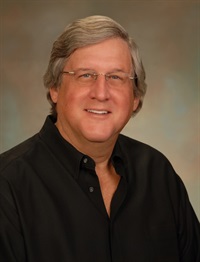Information
EP21 Workshop 01 - Process-Oriented Hypnosis: Being General Deliberately to Produce Specific Results - Michael Yapko, PhD
Original Program Date :
Length: 2 hours
As advances are made in better understanding the power of focus in shaping one's subjective perceptions and even one's physiology, the field of clinical hypnosis has played an especially important role in this ongoing process of discovery. Despite too many clinicians' terribly misinformed dismissal of hypnosis as little more than a gimmick, in fact hypnosis has evolved a strong scientific basis arising from its insights into neuroscience, cognition, suggestive language and information processing, placebo and nocebo responses, the therapeutic alliance, and more.
Just as there are many different models of psychotherapy, each with different foundational philosophies and methods, there are many different models of hypnosis, each with a different emphasis and utilizing different approaches. The highly innovative work of Milton Erickson in particular is widely acknowledged by therapists who may or may not use hypnosis but are definitely influenced by his strategic methods.
Milton Erickson was often credited with being a "mind-reader," but he simply said he was more observant than most. Realistically, there are many common denominators of human experience that can make one seem a mind reader to a client when touching on them in the course of therapy. Hypnosis can be especially well used to address generalities that have very specific effects. In this workshop, we'll explore this gentle style of process-oriented hypnotic intervention.
Learning Objectives
- To describe and discuss recent studies on the role of over-general cognitive style in treatment response.
- To demonstrate how general language can generate specific effects in the listener.
- To list and describe the key components of a "process-oriented hypnosis."
Michael Yapko, PhD

Michael D. Yapko, Ph.D. (professional psychology, clinical specialization), is internationally recognized for his innovative work in applied clinical hypnosis, developing brief psychotherapies, and the strategic treatment of depression. He has been invited to present his work in more than 30 countries across six continents. He is the author of 15 books, including his most recent, The Discriminating Therapist. He is a recipient of numerous awards for his many contributions to the field, including the Milton H. Erickson Foundation Lifetime Achievement Award.

